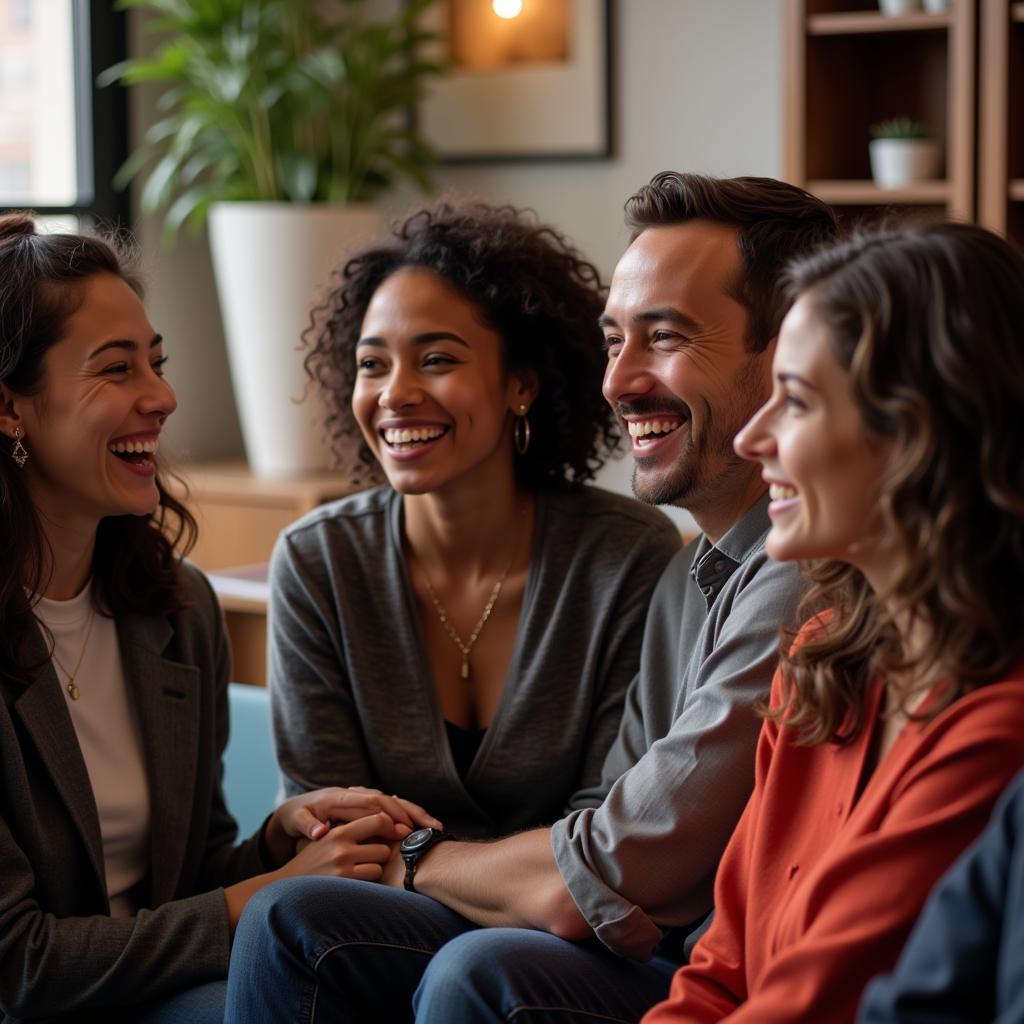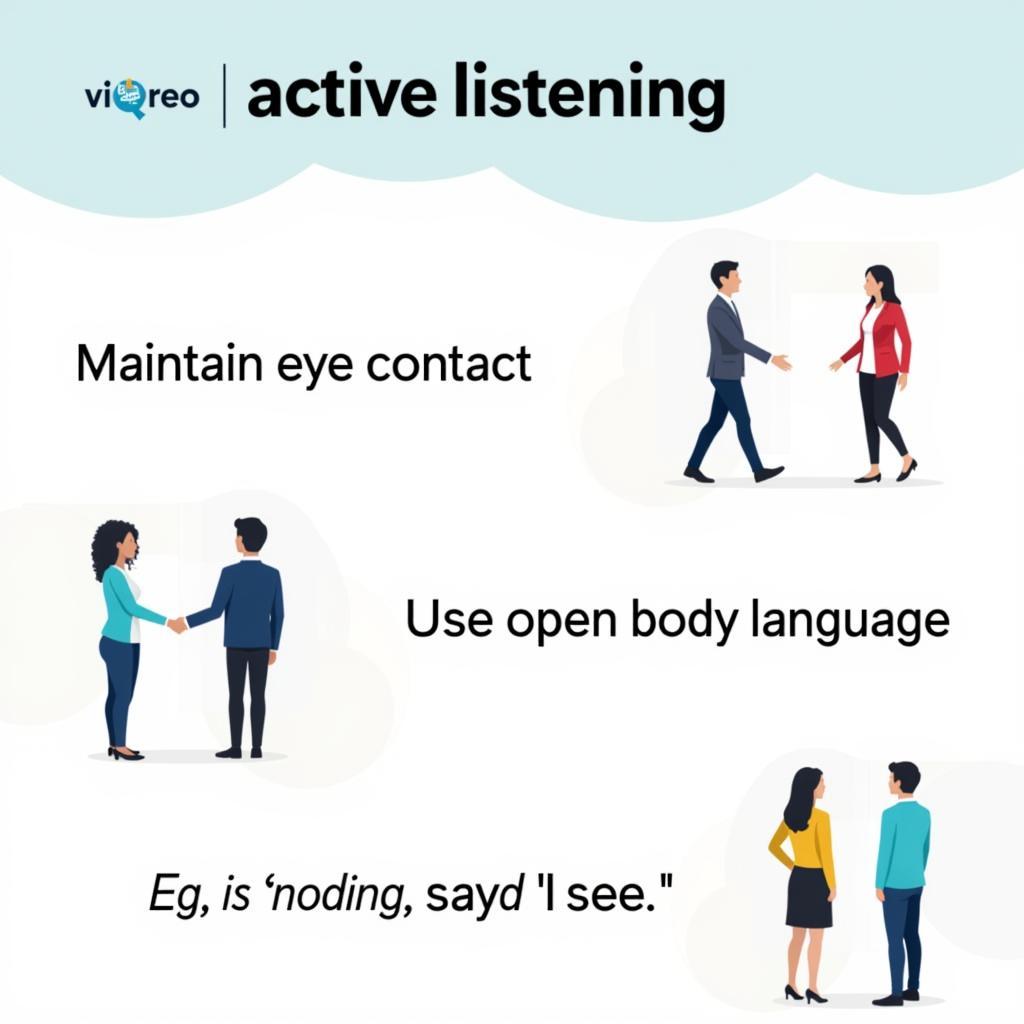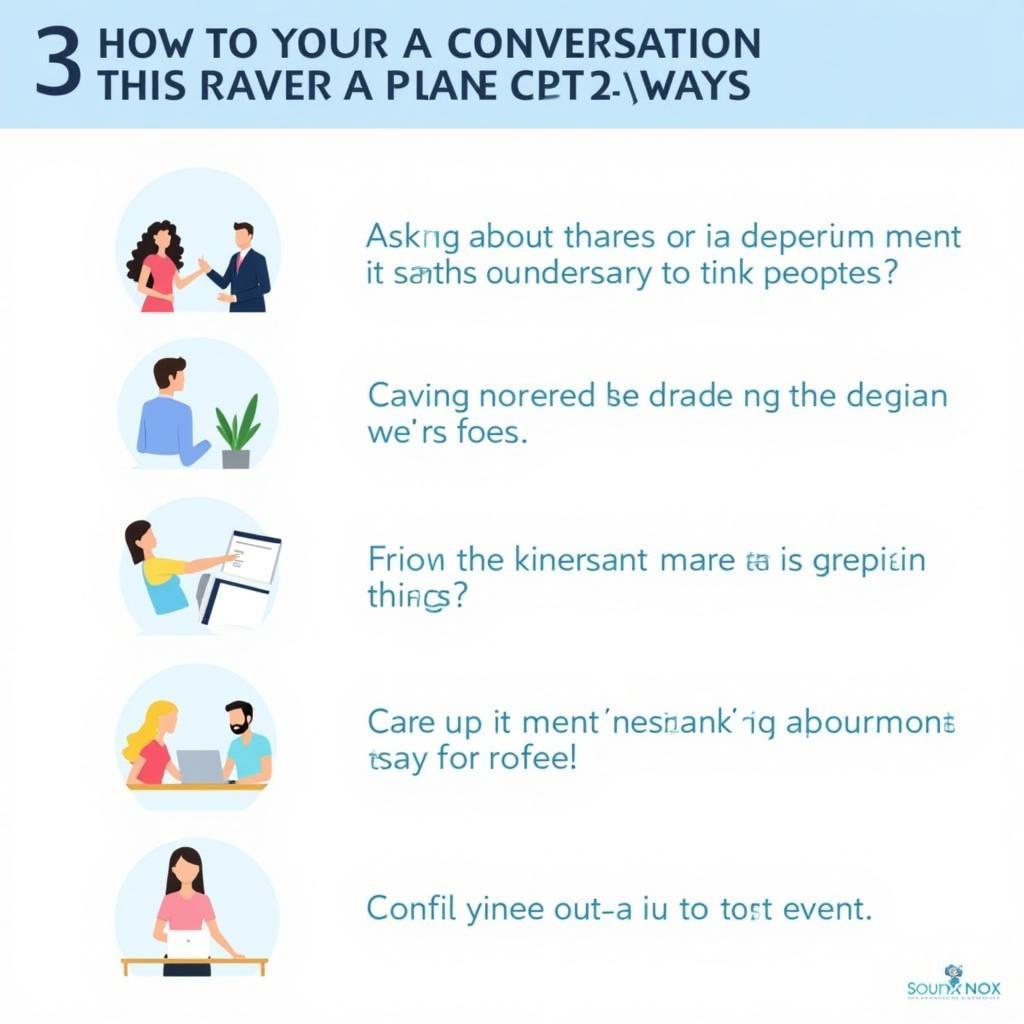Good social skills are like superpowers in today’s interconnected world. They can help you build strong relationships, excel in your career, and navigate social situations with grace and confidence. Whether you’re introverted or extroverted, honing these skills can significantly improve your quality of life.
Why Are Good Social Skills Important?
Good social skills are more than just being the life of the party. They’re about effective communication, empathy, and building meaningful connections. Here’s why they matter:
- Stronger Relationships: Good communication is the cornerstone of any healthy relationship. Being able to express yourself clearly, listen actively, and understand nonverbal cues are crucial for building trust and intimacy.
- Career Advancement: Networking, teamwork, and leadership all rely heavily on strong social skills. The ability to communicate effectively, persuade others, and resolve conflicts amicably can significantly impact your career trajectory.
- Increased Confidence: Mastering social skills can boost your self-esteem and help you feel more comfortable in various social settings.
- Better Mental Health: Meaningful connections and a strong support system are essential for mental well-being. Good social skills can help combat loneliness, reduce anxiety, and improve overall happiness.
 Building Strong Connections
Building Strong Connections
Key Tactics for Developing Good Social Skills
While some people seem to be naturally gifted in social situations, the truth is that good social skills are like any other skill – they can be learned and improved upon with practice. Here are some key tactics to level up your social game:
1. Active Listening: Your Secret Weapon
Active listening is more than just hearing the words someone is saying; it’s about truly understanding their message.
- Pay attention: Put away distractions, make eye contact, and focus on the speaker’s words and body language.
- Show empathy: Try to understand the speaker’s perspective and emotions, even if you don’t agree with them.
- Ask clarifying questions: Don’t interrupt, but ask questions to ensure you fully grasp their meaning.
- Summarize and reflect: Briefly recap what you’ve heard to confirm understanding.
 Active Listening Tips
Active Listening Tips
2. Mastering Nonverbal Communication
Your body language speaks volumes, often louder than words.
- Maintain eye contact: Make eye contact when speaking and listening to convey engagement and respect.
- Be mindful of your posture: Stand tall and open; avoid closed-off postures like crossing your arms.
- Use appropriate gestures: Gestures can add emphasis and clarity to your communication.
- Smile genuinely: A warm smile can make you more approachable and inviting.
3. The Art of Conversation: Keep it Flowing
Engaging in meaningful conversations is an art form that takes practice.
- Find common ground: Look for shared interests or experiences to connect with others.
- Ask open-ended questions: Instead of asking yes/no questions, ask questions that encourage conversation. For example, instead of “Did you have a good weekend?”, ask “What did you do this weekend?”
- Be genuinely interested: People can tell when you’re genuinely interested in what they have to say.
- Share appropriately: Don’t dominate the conversation; aim for a balance between speaking and listening.
 Conversation Starters
Conversation Starters
Putting it All Together: Good Social Skills in Action
Developing good social skills is an ongoing journey, but the rewards are well worth the effort. By practicing active listening, mastering nonverbal communication, and honing your conversation skills, you can build stronger relationships, boost your confidence, and navigate the social world with greater ease. Remember, every interaction is an opportunity to learn and grow.





